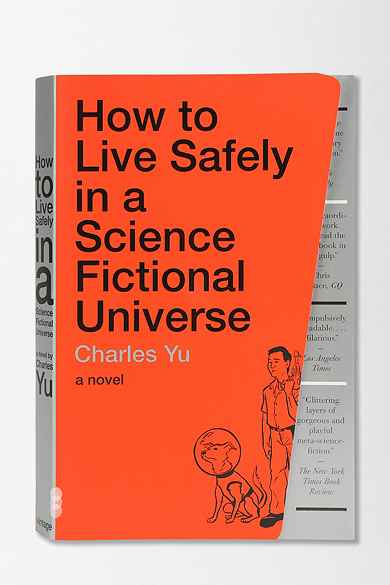Landscape as Process: The Art of Susan Goethel Campbell
* Robert Sparrow Jones *
About her work, Campbell says, “Throughout my artistic career, I have been interested in process and the intersection of nature and culture. Trained as a printmaker, the idea of recording and transferring marks from one thing to another has shaped how I work and see the world to this day. A line can be formed from an insect chewing on a leaf or a backhoe bulldozing a new road through a forest. Both micro and macro views are visual marks on the landscape…My job is to bring a voice to the material.”
Landscape as Process: The Art of Susan Goethel Campbell Read More »
* Robert Sparrow Jones *
About her work, Campbell says, “Throughout my artistic career, I have been interested in process and the intersection of nature and culture. Trained as a printmaker, the idea of recording and transferring marks from one thing to another has shaped how I work and see the world to this day. A line can be formed from an insect chewing on a leaf or a backhoe bulldozing a new road through a forest. Both micro and macro views are visual marks on the landscape…My job is to bring a voice to the material.”








